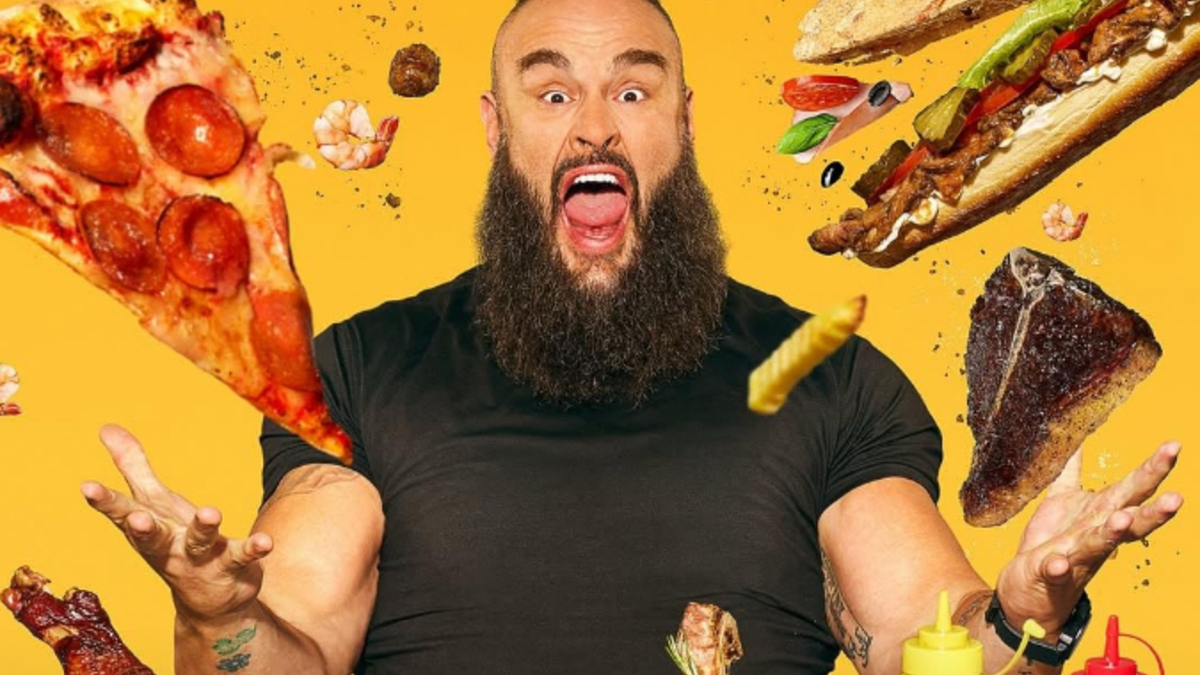Came The Brawn (1938)
Starring: Carl Switzer, Tommy Bond, Darla Hood,
Directed by: Gordon Douglas
Whether you know them as “Our Gang” or “The Little Rascals”, the troupe made up of troublesome toddlers led by spindle-haired Alfalfa (Switzer) is one of the most recognizable comedy groups in the history of entertainment. In Came The Brawn, they tackle the squared circle and pit Alfalfa against the “Masked Marvel.”
In the spirit of Andre the Giant’s controversial win over Hulk Hogan and the “Black Scorpion” saga, Came the Brawn features a classic case of mistaken identity. Alfalfa, taking on the in-ring persona of “The Oklahoma Wildcat,” is trying as ever to win the affections of Darla (Hood). He arranges to have the weakest opponent he can find to play the Masked Marvel, thereby ensuring a victory for the Wildcat despite his complete lack of competitive skill.
Alfalfa’s arrogance gets the better of him, though, and knowing that he already has the match in the bag prompts a lot of bragging that catches the attention of the neighborhood bully: Butch (Bond). The lasting rivalry between Butch and Alfalfa would often revolve around Darla, and that theme continues in Came the Brawn. To put Alfalfa in his place and make sure he is the one that wins Darla’s heart, Butch takes the place of the intended wimp under the guise of the Masked Marvel.
Alfalfa’s preening and cockiness continue right into the beginning of the match, until he finds out that his pre-picked pushover has been replaced by Butch, someone he could never beat cleanly. Fortunately for Alfalfa, he doesn’t have to win cleanly. A little outside interference from his friends allows the Wildcat to enjoy a count-out victory — a truly cheap win that he celebrates heroically nonetheless. In the end, though, neither Alfalfa nor Butch end up impressing Darla, who is more taken by the poetry of a bookworm spectator than either of the combatants in the ring.
Pro Wrestling’s dirty little secret of having pre-determined winners finds its way into the storyline in this short film from the 1930s, though presumably contemporary audiences didn’t make the connection to the real-life wrestlers and their match-making practices. As noted, with masked men, secret identities, a twist ending, and too much pandering to the crowd getting a wrestler in trouble — this little classic plays tribute to a lot of what has made wrestling enduringly popular since it was made.
(In an interesting side note, legendary wrestler Don Leo Jonathan once had a bit part in an Our Gang comedy.)




